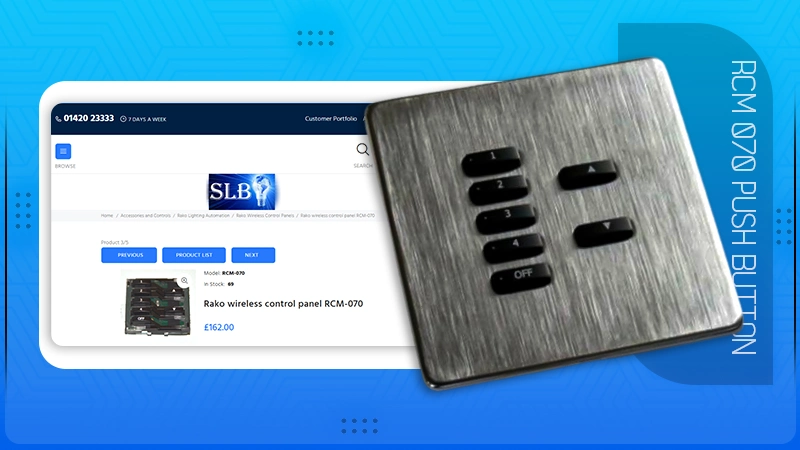All About Data Backups & Storage Devices
Data is a valuable asset that needs to be stored carefully and intelligently to prevent loss. Backing up data is essential and must be done in a routine, without fail, to ensure smooth business functionality. Data loss is a serious issue that can occur in many forms, such as hard drive failures, human errors, or ransomware attacks.
Though there are hundreds of reasons behind a data loss, there is one reason to back up data. It is safeguarding data to prevent its loss. You must archive all the essential information, whether it is personal or business-related.
What is Data Backup?
Data backup is the technical term used for creating a copy of your data that the user can use for recovery in the event of data loss. For example, if your hard drive gets corrupted, you may restore data from the most recent backup and view it on your system.
People usually think that data loss occurs due to cyber threats or virus attacks, but that is not always true. You can lose a significant set of data mistakenly due to deleting it accidentally.
Hard drive damage can be another reason behind losing tons of data. Moreover, you may need to recover an overwritten file as it might result in data loss. There are great sources on recovering overwritten files, such as https://setapp.com/how-to/recover-an-overwritten-file. However, the process is bothersome, and having a backed-up file copy would make your life easier.
Since people have become accustomed to saving documents and images on their smartphones, losing your phone can also be a reason behind data loss.
What Data You Should Back Up?
While developing a backup strategy, it is important to decide what data needs backup and what content you can dump. If it is a personal computer, backing up documents, images, videos, and other multimedia files is vital.
If you plan to replicate business data, then there is a broader definition of what data to back up. Backup administrators will require backup databases, files, applications, operating systems, configurations, rights and permissions, and every component that is possible to back up.
How & Where to Back Up Data?
You do not need special media to back up your data and can use your regular drive. Let’s discuss the locally attached and network-attached backup media. While USB or external storage devices are great for backing up personal computers, network-attached backup servers are required to store an organization’s data.
USB Drives
These tiny devices are portable, easy to maintain, and are budget-friendly. The only limitation is that they come with very little storage space. If your data backup requirement is less than 128 GB, then USB sticks are an excellent option. Another advantage is that you can take your data wherever you go.
You can buy a USB 2.0 or a USB 3.0 device. The latter is a current standard that promises a transfer rate of 5GB per second. While USB 2.0 is comparatively cheaper, they offer a less impressive transfer rate.
External Hard Disk Drives
When the USB stick doesn’t seem to serve the purpose, an external hard drive can be a feasible option to store large amounts of data at an affordable price. Advanced hard drives integrate USB 3.0 standards and store huge volumes ranging from 500 MB to 2 TB. Similar to USB devices, external HDDs are also portable, and you can carry them anywhere.
Every single bit of data that you store on a hard drive is measured as per its file sizes, such as MB (megabytes), GB (gigabytes), and TB (terabytes). For smaller backups, you can go with an Expansion Drive or Backup Plus, whereas for large size backups, opt for Backup Plus Hub.
Solid State Drives
Solid-state drives use non-volatile (flash) memory for storing and accessing data. They come with a vast storage capacity and are an excellent backup medium for organizational backup requirements. SSDs are more reliable and secure than any other data storage devices as well as faster than hard drives.
SSDs saturate SATA bus at 550 megabytes per second in comparison to HDDs that can typically achieve write performance of 50 to 120 megabytes per second. SSDs are weightless, noiseless, and power-efficient as they have no moving parts such as magnetic spinning disks in HDDs.
Network Storage Servers
NAS or Network-Attached Storage Server is a dedicated storage medium that provides LAN (Local Area Network) users with a centralized disk to store data via a standard Ethernet connection. Each NAS device serves as an independent network unit connected to LAN with an IP address.
The benefit of using NAS is that it allows for adding more storage units without interrupting the running operations. They are a great backup source and are also ideal for multimedia streaming as well as file-sharing on a large scale.
The above-mentioned storage devices are easy to implement for backup operations and convenient to maintain. If possible, and if your budget allows, you can also switch to Cloud solutions. It is advisable to maintain more than one copy of the backup on at least two different storage devices, one of which must be retained remotely.











